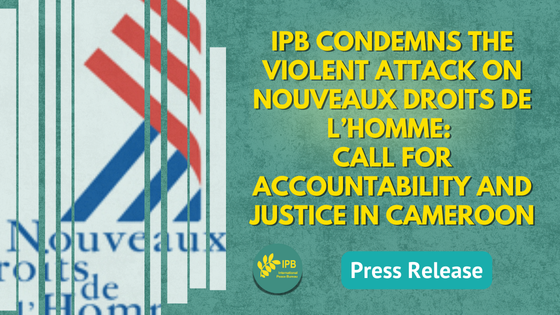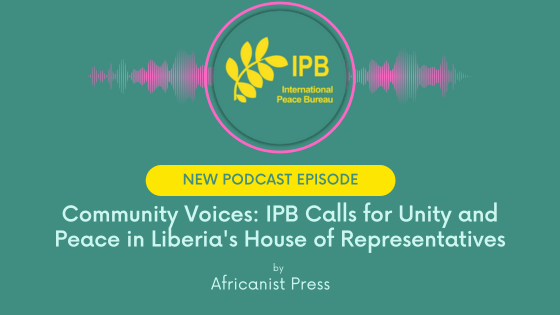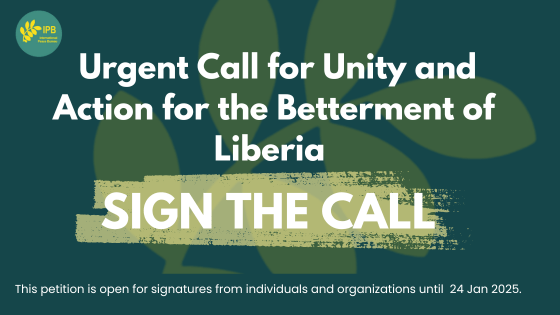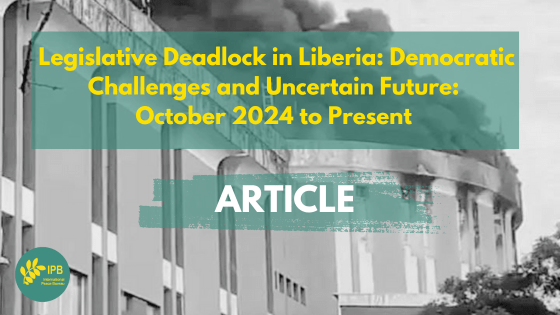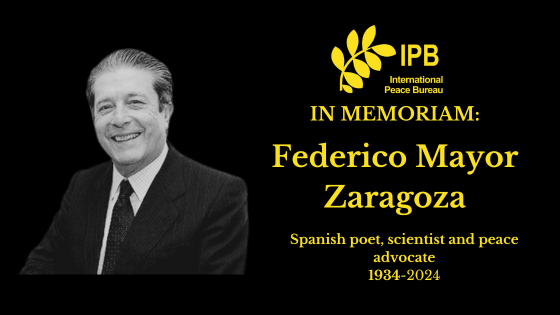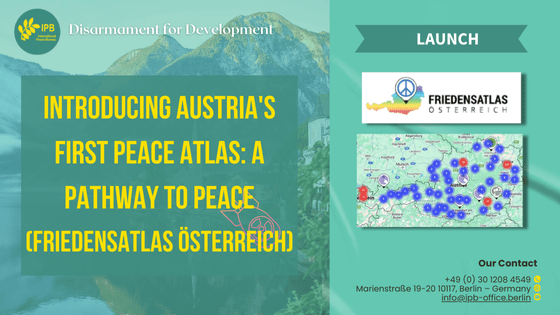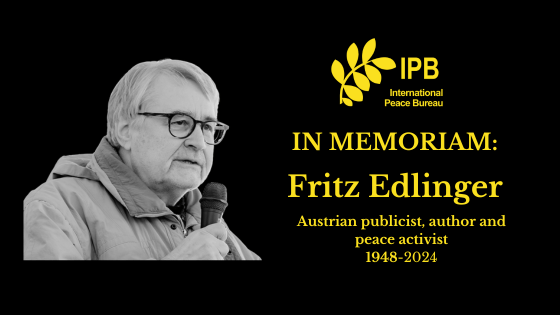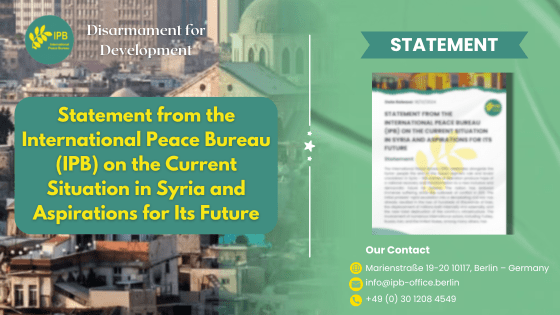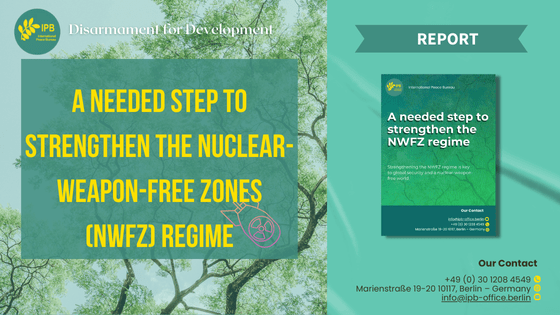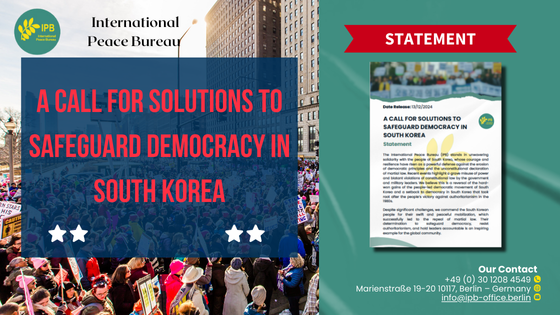Cameroon | 20 January 2025
The recent violent burglary at the offices of Nouveaux Droits de l’Homme (NDH-Cameroon) is a grave assault on human rights defenders and civil society. This act, aimed at silencing NDH’s critical work, highlights the growing threats faced by NGOs advocating for justice and freedom.
As the International Peace Bureau (IPB), we strongly condemn this attack and call for a thorough investigation by the authorities to ensure accountability in Cameroon. We urge all institutions to respect the rights of NGOs to operate free from fear and intimidation.
We stand in solidarity with NDH-Cameroon, including our IPB Council Member and Executive Director of NDH-Cameroon, Cyrille Roland Bechon, along with all its members and community. We reaffirm our commitment to defending the rights of all human rights defenders in the face of such challenges.
Continue reading “IPB Condemns the Violent Attack on Nouveaux Droits de l’Homme: Call for Accountability and Justice in Cameroon”
